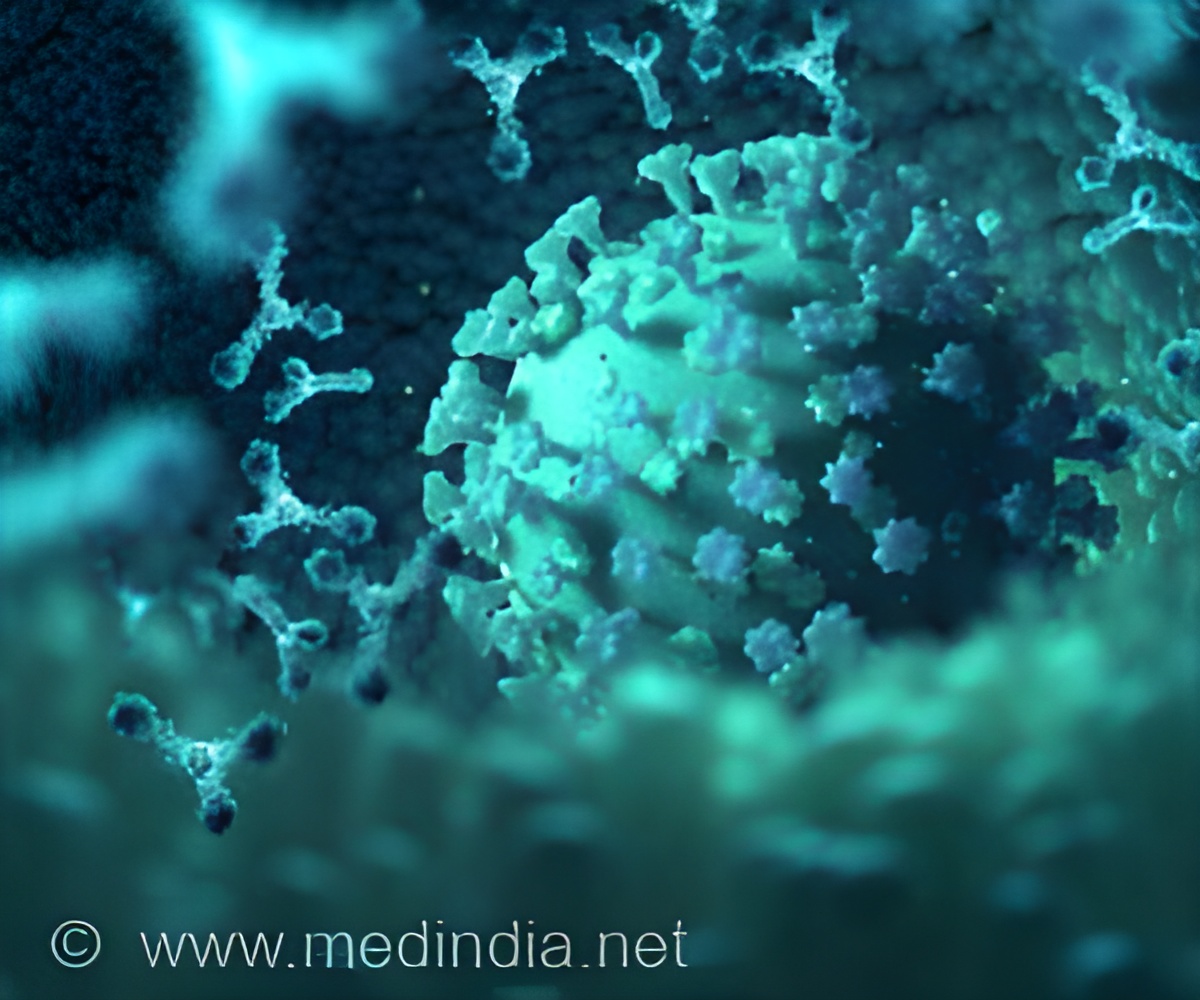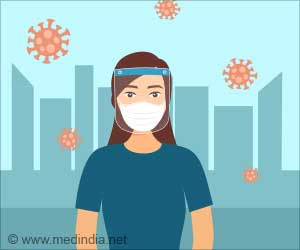A recent study using cutting-edge technology showed that cholesterol on the cell surface makes receptors readily accessible to COVID-19 virus entry into the body.

Role of High Cholesterol in COVID-19 Severity
Early in the COVID-19 pandemic, the elderly and people with chronic diseases such as hypertension, diabetes, Alzheimer’s, and cardiovascular diseases experienced more viral-related deaths. However, children seemed to be less susceptible.‘Cholesterol level in blood increases viral infectivity and may help explain the selective severity of COVID-19 in aged and diseased populations. #cholesterol #COVID-19 #SARS-CoV-2’





Researchers hypothesized that part of this phenomenon was due to the high amounts of tissue cholesterol in populations with chronic disease. From 2017 to 2020, 86.4 million U.S. adults aged 20 or older had high or borderline high cholesterol in their blood. After completing studies using new technology like super-resolution microscopy, they showed that cholesterol on the cell surface makes ACE2 readily accessible to SARS-CoV2 for cell entry.
Cholesterol is part of a place where nutrients come into the cell (1✔ ✔Trusted Source
Coronavirus Infection and Cholesterol Metabolism
Go to source). It is necessary for survival, but too much cholesterol may be increasing your risk for COVID-19 at the cellular and biochemical levels.
In smokers with chronic disease, cholesterol in the lung tissue is elevated two-fold, a magnitude of change that dramatically increases the infectivity of the virus in cell culture.
In fact, according to a study, supported by the National Heart, Lung, and Blood Institute, smoking was associated with a higher risk of severe COVID-19, including death. However, past research has shown that the cholesterol-promoting SARS-CoV-2 infection can easily be disrupted to help patients stay healthy and avoid infection (2✔ ✔Trusted Source
The role of high cholesterol in SARS-CoV-2 infectivity
Go to source).
Exercise Regularly to Avoid COVID-19 Complications
Mechanical force and polyunsaturated fatty acids disrupt the aggregation of cholesterol. Healthy mechanical force is achieved with exercise. In our studies, cells need to be jostled a little bit to keep the cholesterol from setting up in the cell membrane.Advertisement
Currently, the only way to test cholesterol levels is via a blood test. If you measure cholesterol levels in the blood, you do not know the levels in the tissue or if it is being taken out or brought in. Hence, researchers are working with physicians to come up with a test that more accurately represents tissue cholesterol and its distribution throughout the body.
Advertisement
The effects of exercise training on lipid metabolism and coronary heart disease
Go to source). It is a harder measurement, but, in the end, it may help people understand their risk for disease and save lives.
References:
- Coronavirus Infection and Cholesterol Metabolism - (https://www.frontiersin.org/articles/10.3389/fimmu.2022.791267/full)
- The role of high cholesterol in SARS-CoV-2 infectivity - (https://www.jbc.org/article/S0021-9258(23)01791-X/fulltext#secsectitle0045)
- The effects of exercise training on lipid metabolism and coronary heart disease - (https://journals.physiology.org/doi/full/10.1152/ajpheart.00708.2019)
Source-Eurekalert















